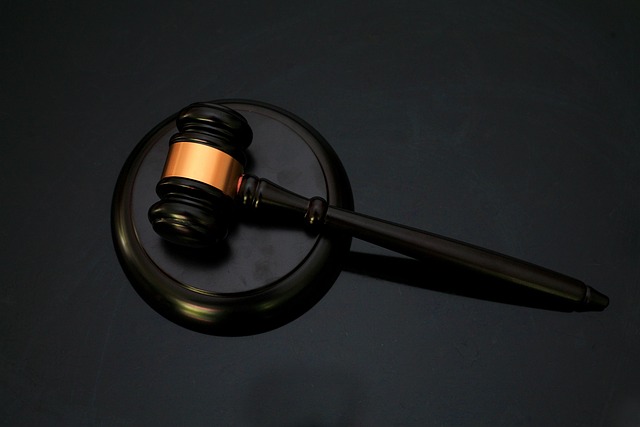Mediation Strategies for Property Disagreements provide a crucial, collaborative approach in whistleblower protection lawsuits, enabling efficient resolution of financial claims and ownership rights over disclosed information or assets while preserving privacy and expediting resolutions compared to traditional litigation. This method facilitates open communication, identifies underlying interests, minimizes damage, fosters creativity, and achieves mutually beneficial agreements, benefiting both whistleblowers and accused parties by avoiding potential indictments.
Whistleblower protection lawsuits have become increasingly significant in ensuring transparency and accountability. When employees or individuals uncover illegal activities within organizations, they play a vital role in exposing corporate misconduct. This article delves into the world of whistleblower disputes, offering insights on understanding legal protections and navigating common property disagreements. We explore effective mediation strategies to facilitate fair resolutions, providing valuable guidance for those involved in these complex legal battles, especially when it comes to property-related issues.
- Understanding Whistleblower Protection Lawsuits
- Common Property Disagreements in Legal Battles
- Mediation Strategies for Fair Resolution
Understanding Whistleblower Protection Lawsuits
Whistleblower Protection Lawsuits are a critical mechanism for individuals who expose illegal or unethical activities within their organizations. When whistleblowers come forward with valuable insights, they often face significant backlash from employers who may try to intimidate, fire, or discredit them. To counter these actions and ensure their rights are protected, understanding whistleblower protection lawsuits is paramount. These legal strategies are designed to safeguard individuals who have the courage to speak up against corporate fraud, environmental violations, public health risks, and other wrongdoings, thereby fostering a culture of transparency and accountability.
Mediation Strategies for Property Disagreements play a crucial role in resolving these complex cases. By employing alternative dispute resolution methods, whistleblowers can achieve extraordinary results without the need for lengthy jury trials across the country. This approach facilitates faster resolutions, reduces legal costs, and maintains privacy. Through mediation, both parties can work together to find mutually agreeable solutions, ensuring that the whistleblower’s message is heard while also providing a fair outcome for all involved.
Common Property Disagreements in Legal Battles
In whistleblower protection lawsuits, common property disagreements often emerge as a key aspect of legal battles. These disputes can range from financial claims to ownership rights over sensitive information or assets disclosed during whistleblowing activities. As such, resolving these conflicts efficiently is vital for both plaintiffs and defendants alike, especially in the context of white-collar defense strategies.
Mediation strategies for property disagreements play a significant role in navigating these complex issues. By employing alternative dispute resolution methods, particularly mediation, parties can achieve mutually agreeable solutions without lengthy and costly litigation. This approach is increasingly recognized across the country as a beneficial way to address disputes related to whistleblowing, fostering more collaborative outcomes in respective business environments.
Mediation Strategies for Fair Resolution
When faced with whistleblower protection lawsuits, mediation offers a strategic path towards a fair and mutually beneficial resolution. This alternative dispute resolution method is particularly effective for navigating complex property disagreements that often arise in such cases. By engaging in mediation, both parties can avoid the time-consuming and potentially costly legal battles, focusing instead on achieving extraordinary results that preserve relationships and minimize damage.
Skilled mediators facilitate open communication, helping to identify underlying interests and concerns. This approach is especially valuable for white collar defense strategies, as it allows for a more nuanced understanding of the situation. Through mediation, whistleblowers can have their valid concerns addressed while companies or individuals accused can protect their reputations and avoid potential indictments. This collaborative process fosters creativity in problem-solving, leading to innovative agreements that satisfy all parties involved.
Whistleblower protection lawsuits are a complex yet essential aspect of ensuring transparency and accountability. By understanding the legal framework, addressing common property disagreements through effective mediation strategies, and employing alternative dispute resolution methods, parties can achieve fair resolutions without lengthy court battles. This approach not only facilitates the protection of whistleblowers but also promotes a more efficient and amicable process for all involved. Mediation remains a powerful tool in resolving property disputes arising from whistleblower actions, providing a win-win outcome that benefits both individuals and organizations alike.






